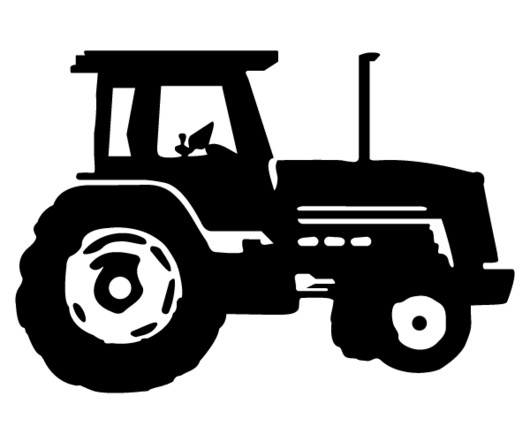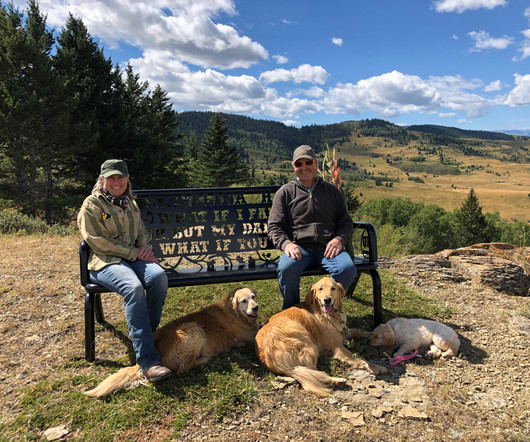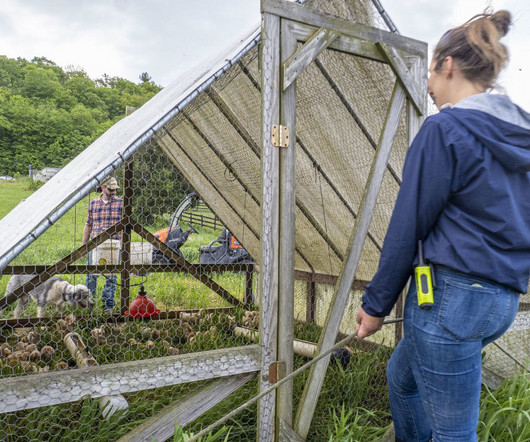20 Sustainable Sips to Cheer For
Food Tank
OCTOBER 11, 2023
It also reveals that the production cultivation of barley and hops is responsible for most of the environmental impact of beer. The vineyards are weeded only using hoes, never herbicides, and fertilized with manure. Mijenta grows agave without pesticides or herbicides.












Let's personalize your content